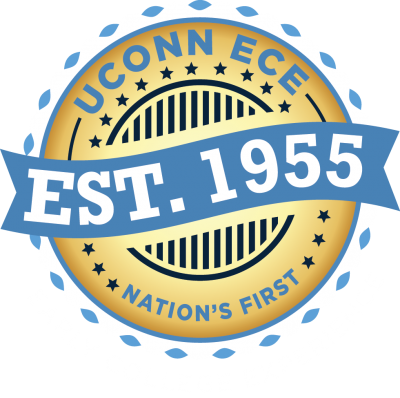- Course Catalog (PDF)
- Agricultural and Resource Economics
- Allied Health
- American Sign Language*
- American Studies
- Animal Science
- Anthropology
- Art
- Asian and Asian American Studies*
- Biological Sciences
- Business
- Chemistry
- Chinese
- Civil Engineering
- Classics & Ancient Mediterranean Studies
- Communication*
- Computer Science and Engineering*
- Digital Media & Design*
- Dramatic Arts
- Earth Sciences*
- Economics
- Education
- English
- Engineering
- French
- German
- History
- Human Development & Family Sciences
- Human Rights
- Italian Literature and Cultural Studies
- Kinesiology*
- Latino & Latin American Studies
- Marine Science
- Maritime Studies
- Mathematics
- Mechanical Engineering
- Music
- Natural Resources and the Environment
- Nutritional Sciences
- Pharmacy
- Philosophy
- Physics
- Plant Science
- Political Science
- Public Health
- Sociology
- Spanish
- Statistics
- University
Courses
UConn Early College Experience provides opportunities for high school students to take college courses while still in high school. Courses are regularly monitored to ensure a consistent integrity with on-campus courses. This is achieved through a syllabus collection, re-grading of UConn ECE Student work by on-campus faculty, classroom observations, annual professional development of Instructors, and frequent contact with UConn Faculty Coordinators.
We ensure that:
- UConn courses offered in the high school are as rigorous as courses offered on campus.
- Students are held to the same expectation and standards of achievement as on-campus students.
- Instructors meet the same requirements for on-campus adjunct faculty and are provided support by faculty in their discipline.
Offer a Diversity of Courses
UConn Early College Experience offers 108 courses in 48 disciplines.
The UConn ECE curriculum is designed to offer a variety of general education courses that appeal to a diverse group of students. These challenging courses allow students to experience college work, build confidence in their readiness for college, and earn college credits that provide both an academic and a financial head-start on a college degree. Many UConn ECE courses meet requirements for numerous college majors and for graduation. Courses taken through UConn Early College Experience are equivalent to the same course offered on a University of Connecticut campus. Students follow the same curriculum and grading rubric that has been designed by the University department.
(Courses indicated with * are pilot courses. Instructors, please contact the UConn ECE Program Office before applying for these courses.)
Sequential Courses
UConn ECE sequential courses are a series of two courses, where the first course in the sequence is a prerequisite for the second course. Students must pass the first course of the sequence with a C or higher in order to continue on to the second course. If a student earns a C- or below in the first course of the two-course sequence, the student will be unenrolled from the second course of the sequence and will be refunded any paid course fees for the second course. For information about continuing to the second course in the sequence, visit the Grading section of the Student Guide page.
- CHEM1127Q & CHEM1128Q
- SPSS2520 & SPSS3530
- ILCS3239 & ILCS3240
- MATH1131Q & MATH1132Q
- MUSI1011 & MUSI1012
- SPSS3230 & SPSS3245
- PHYS1201Q & PHYS1202Q
- PHYS1401Q & PHYS1402Q
- GERM3233 & GERM 3255
Student Eligibility Guidelines
The UConn ECE Program Office continues to extend the responsibility of student eligibility for UConn ECE courses to our partner high schools. Although each high school may have additional criteria specific to their student population, UConn ECE Partners must utilize the UConn ECE Student Eligibility Guidelines in their student selection process.
New Courses
As the UConn ECE program works to meet the needs of partner schools and Connecticut students, program staff encourages UConn faculty to consider adding new courses to the current UConn ECE course catalog. The process to add a new course takes about a year and involves extensive collaboration between faculty within the UConn department to oversee the course and ECE program staff. In most instances, a pilot course is established in a limited number of partner schools to support better inform program wide implementation.
New courses proposals are evaluated on a rolling basis by UConn ECE staff. However, it is recommended that new course proposals are submitted to the ECE Office prior to November 1st of each academic year to ensure adequate time for development. If UConn Departments are interested in discussing new courses for the 2024-2025 academic year, please email Christopher Todd at: christopher.todd@uconn.edu

